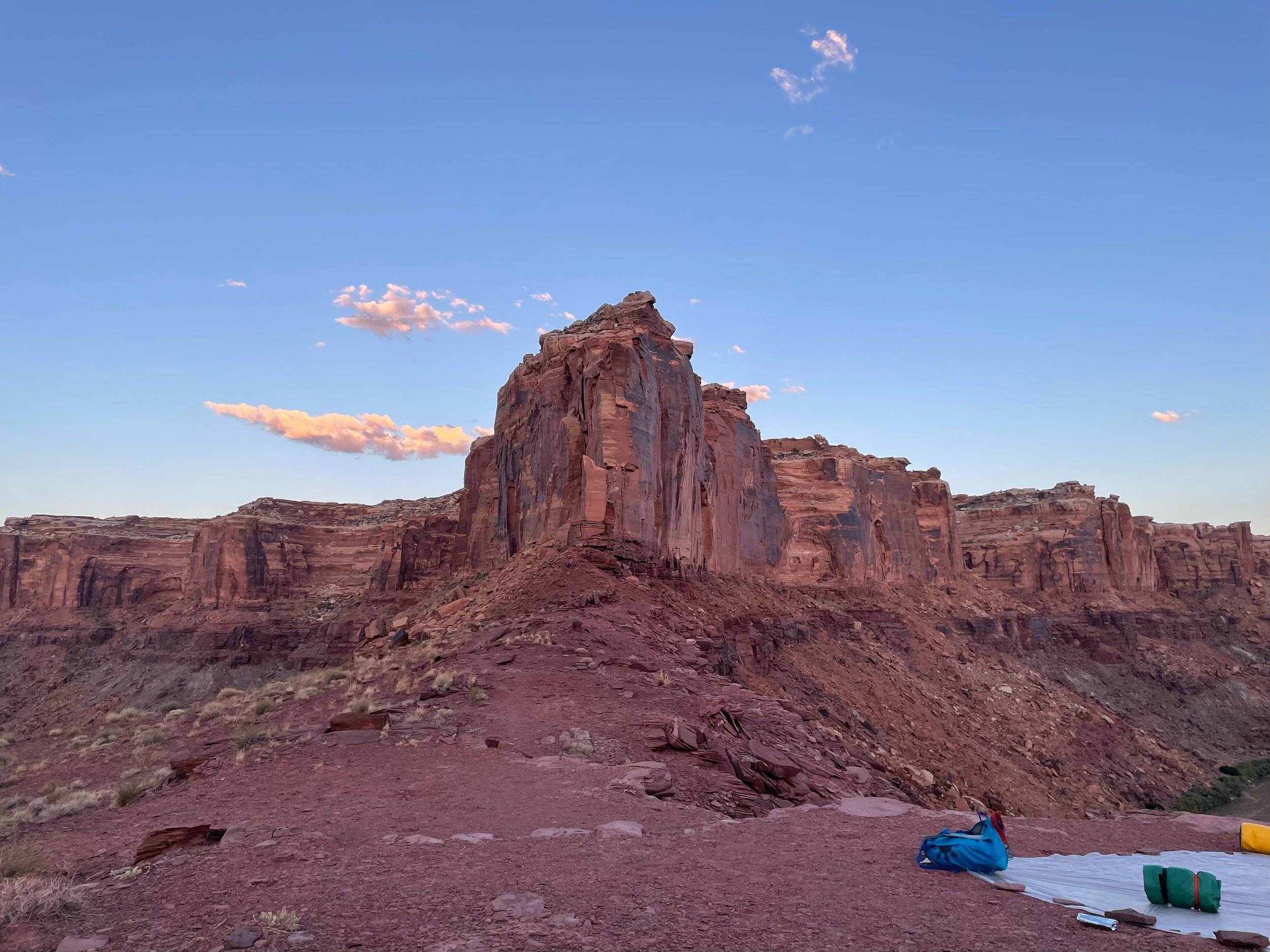
Back To The Wild

Back to the Wild
The happiness that follows time spent outdoors is not coincidental; it is because that is where humans are meant to be—outside. In the article titled “Global Urbanization and the Separation of Humans from Nature,” the authors Will R. Turner, Toshihiko Nakamura, and Marco Dinetti suggest that the quality of life has decreased as humanity has become more and more urban. There is a “tragic and seldom-considered consequence: Billions of people may lose the opportunity to benefit from or develop an appreciation of nature.”
The article continues by stating that people's immediate surroundings shape the baselines of their ecological health. Turner and Nakamura’s research findings suggest adverse consequences for environmental conservation as well as for humans' quality of life. People and scientists have been striving to understand the symbiotic nature of humanity’s physical and mental health and their environment. The consensus is that to improve one, is to improve the other.
Research studies have found immense benefits from spending more time outside. One such study is described in the article “How Immersing Yourself in Nature Benefits Your Health.” The author found that spending 120 minutes outside every week significantly improves health, including lowering cortisol and improving mental health, saying “nature is not only nice to have, but it’s a have-to-have for physical health and cognitive function.”
The article “Preventive Medical Effects of Nature Therapy” by Yoshifumi Miyazaki, Juyoung Lee, Bum-Jin Park, Yuko Tsunetsugu, and Keiko Matsunaga found that the steady stress of being inside and urban living can change the brain in ways that increase the odds of developing schizophrenia, anxiety, and other mood disorders.
Studies show that people who spend time in nature exhibit higher alpha wave activity—a wavelength associated with relaxation, meditation, and increased serotonin. Miyazaki believes that “because humans evolved in nature, it is where we feel most comfortable, even if we don’t always know it.” Florence Williams, author of Nature Fix, found this to be true through her personal experiences and research.
Williams concluded the same as I have: the outdoors is our home, it is our history—it is time that we find our way back.
David Strayer, a neuroscientist at the University of Utah, wanted to understand the effects of nature on the brain. He invited fellow scientists on a trip to the Moab desert to experience it firsthand. By the end of the trip, they were convinced. In his research “Creativity in the Wild: Improving Creative Reasoning through Immersion in Natural Settings,” Strayer found a 50% improvement in creativity after just a few days in nature!
Nature provides a continuous source of new experiences—even walking the same path reveals something different each day. These experiences fuel creative thought and mental well-being.
An article titled “Does Spending Time Outdoors Reduce Stress? A Review of Real-Time Stress Response to Outdoor Environments” explored non-lab studies of how nature affects stress. It supported Miyazaki’s claim that green spaces reduce the body’s stress response. After all, our ancestors were wild people.
Nature therapy or "ecotherapy" is gaining recognition as a valuable addition to a healthy lifestyle, sometimes even replacing traditional treatments. Even brief exposure to nature can improve creativity, focus, and life satisfaction.
Given these benefits, it’s vital to protect our wild spaces. As urban areas expand, green spaces shrink. Conservation and sustainable practices are essential to ensure future generations can experience the healing power of nature.